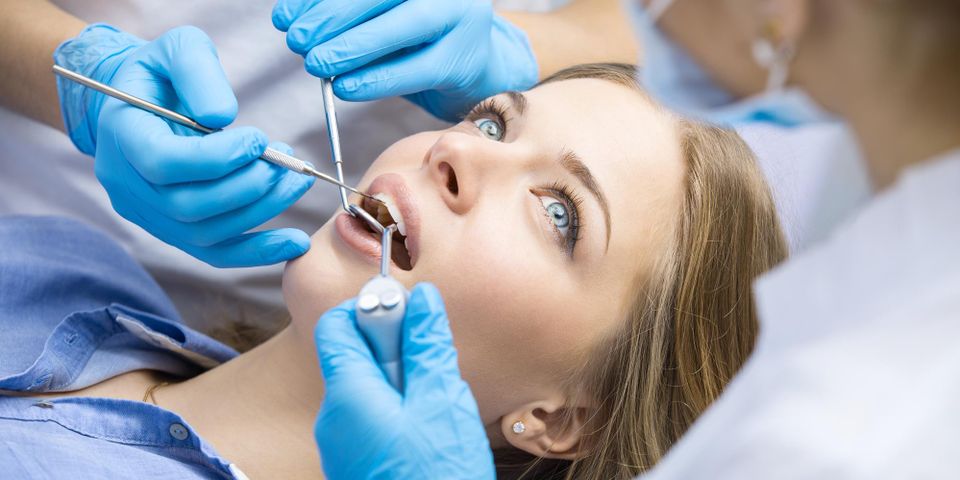
Wisdom tooth extraction is a common dental procedure. Most people who undergo it are in their late teens or early twenties. If your dentist has informed you that you may need this treatment, you might have many questions about it. To help you prepare for your upcoming appointment, here is more information about this procedure.
4 Common Questions About Wisdom Teeth Extractions
Why do I need to remove my wisdom teeth?
People need this procedure when their wisdom teeth are impacted. This means that they don't have enough room to erupt from the gums properly, which can cause them to grow into the other teeth, toward the back of the mouth, or remain in the jaw.
This may cause pain, swelling, numbness, bleeding gums, tooth decay, and even gum disease. Removing the wisdom teeth can alleviate the discomfort and help preserve the health of the surrounding tissue.
Will I receive anesthesia?
Yes. Depending on the complexity of your case, your dentist may use one or several types of anesthesia. In simpler cases, you’ll receive local anesthesia to numb the area and stay awake during the procedure.
For more complicated cases, or if you’d prefer, you may be sedated or receive general anesthesia. With sedation, you’ll be unconscious during the procedure.
What is recovery like?
 The first few hours after the extractions are usually the most uncomfortable, and you can expect some bleeding, swelling, and pain in your jaw and mouth. Over-the-counter medications and ice packs are helpful for reducing pain. Your doctor may also prescribe you additional pain relievers.
The first few hours after the extractions are usually the most uncomfortable, and you can expect some bleeding, swelling, and pain in your jaw and mouth. Over-the-counter medications and ice packs are helpful for reducing pain. Your doctor may also prescribe you additional pain relievers.
You’ll need to wait at least 24 hours to brush your teeth or rinse, and even then you’ll have to be gentle around the affected area for up to two weeks. Your dentist will likely recommend regular saltwater rinses for several days to help prevent infections. Any stitches will dissolve on their own in a few weeks.
What can I eat during this time?
After your wisdom teeth are removed, it’s best to eat only soft or liquid foods for the first few days. Blended soups like squash or tomato, smoothies, broth, yogurt, and applesauce are all good choices. Avoid using a straw, though, as the sucking motion could disrupt the clotting in your incisions and cause bleeding.
As your mouth heals, you can begin adding other soft foods like mashed potatoes, scrambled eggs, pasta, and oatmeal into your diet. Until the incisions heal completely, avoid hard or chewy, acidic, and spicy foods, as these can cause discomfort and slow healing.
Whether you need a wisdom tooth extraction or an annual exam, Dr. Charles Bumgardner DMD strives to make the experience as comfortable and stress-free as possible. Based in Lexington, SC, this dental office treats patients of all ages, providing everything from dentures to root canals. Visit their website to learn more removing wisdom teeth, or schedule a convenient appointment by calling (803) 356-6030.
About the Business
Have a question? Ask the experts!
Send your question

